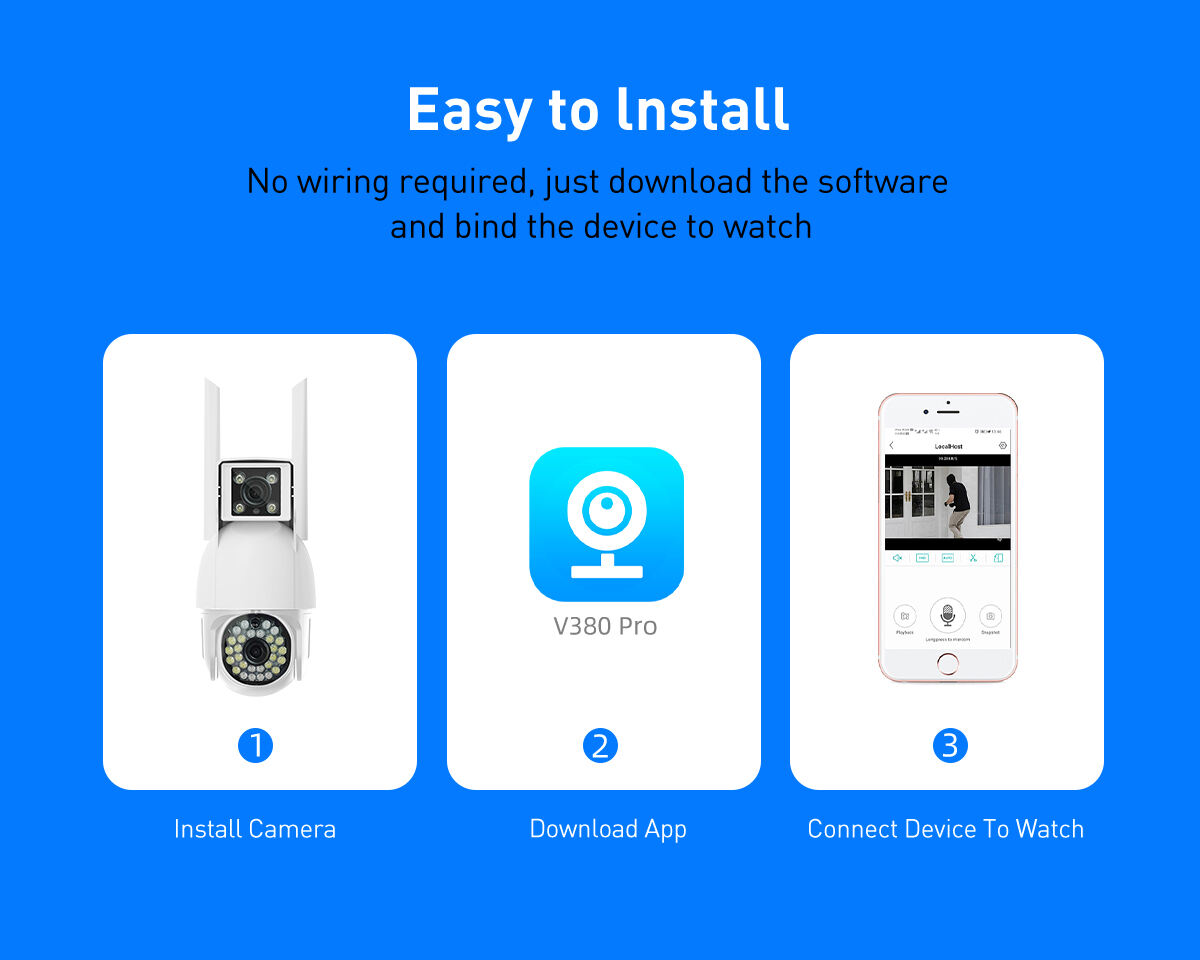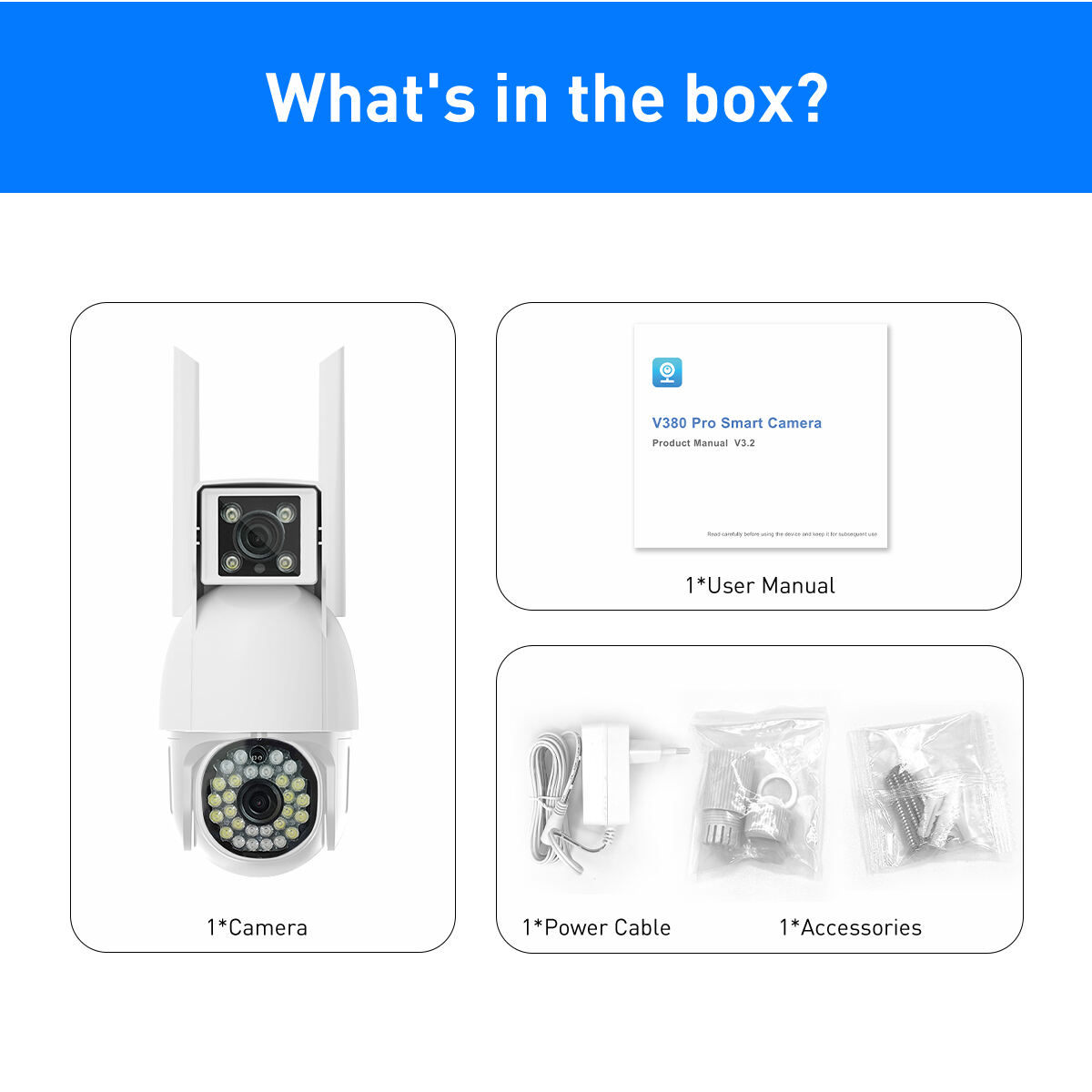iptv cost
IPTV cost represents a significant consideration for consumers looking to transition from traditional cable television to internet-based streaming services. This modern television delivery system utilizes Internet Protocol technology to transmit television content through broadband internet connections. The cost structure typically encompasses several components, including subscription fees, equipment expenses, and internet bandwidth requirements. Monthly subscription prices can range from $10 to $60, depending on the service provider and package selection. Equipment costs may include a compatible streaming device or smart TV, which can vary from $30 to $200 for initial setup. Additionally, users must factor in the cost of maintaining a reliable high-speed internet connection, typically requiring at least 25 Mbps for optimal streaming quality. Many IPTV services offer tiered pricing models, allowing customers to choose packages that align with their viewing preferences and budget constraints. The total IPTV cost often proves more economical than traditional cable subscriptions, especially when considering the flexibility of content selection and the elimination of installation fees and long-term contracts.


